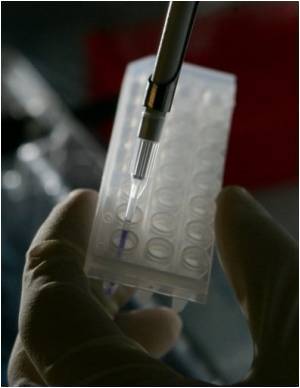A sequence of DNA- known as telomeres - that varies in length between individual - is being examined by a new study.

Now the study is trying to understand how this process is controlled.
Jonathan Williams, from the University of Leicester, is conducting postgraduate research into this field.
"DNA in human cells is arranged into 46 linear structures known as chromosomes. The ends of these molecules are particularly prone to damage from the environment inside the cell, and thus have special structures to protect them, termed telomeres," he said.
"Telomeres consist of repeating pieces of DNA that vary in length between individuals. Important research over a number of years has shown that these structures shrink in length over an individual's lifetime and that this may contribute to several diseases," he added.
Telomere shortening can be reversed in two specific ways: a protein termed telomerase can directly add new DNA to the end of telomeres.
Advertisement
"One of these methods must be activated during cancer development. The mechanisms controlling telomere length and the pathways reversing shortening largely remain a mystery," Williams said.
Advertisement
"Although these studies remain in their early stages it is hoped that the results may provide a better understanding of how the maintenance of telomeres is controlled, perhaps allowing for more targeted therapies for telomere associated disease in the future," Williams added.
Source-ANI













